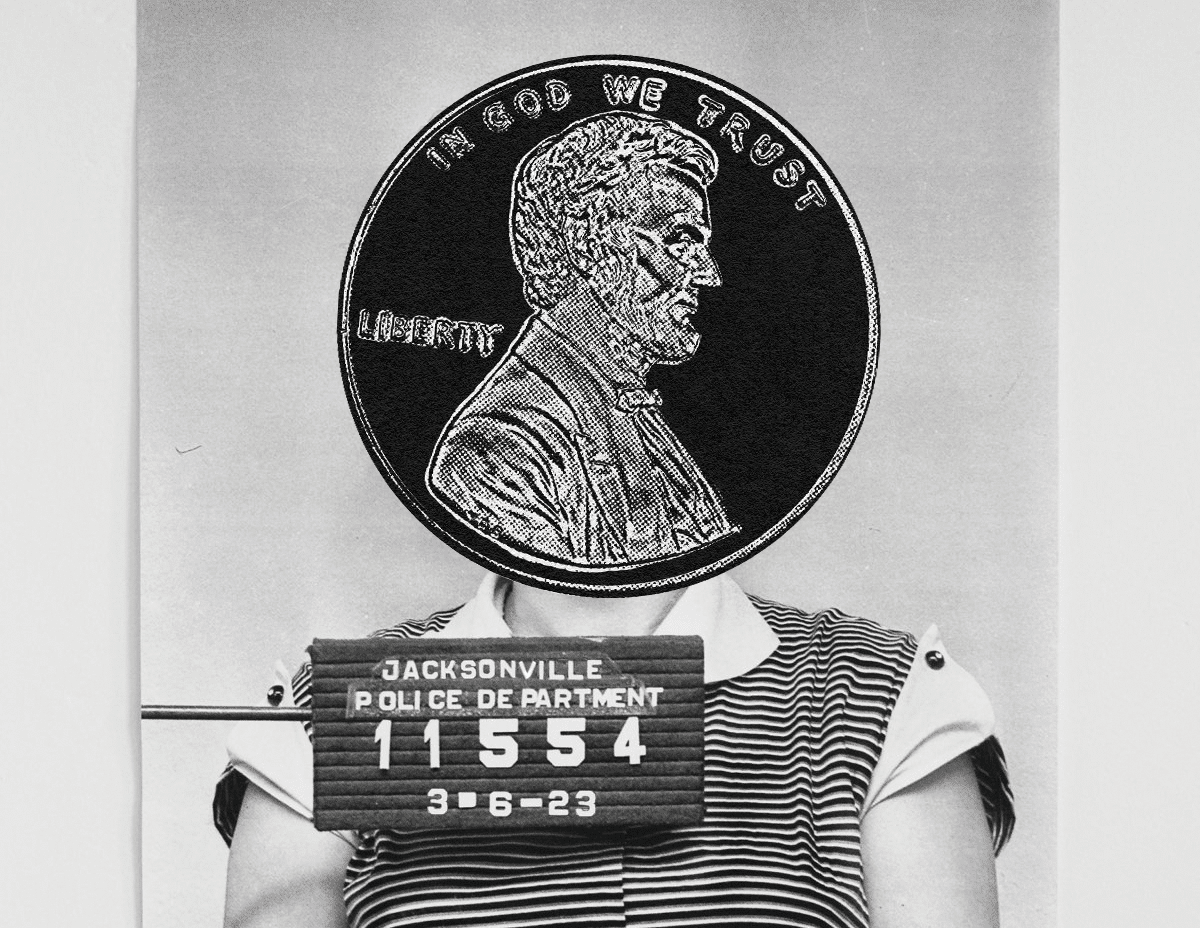The excuses of pedestrian safety has been used as justification for passing the law.
By Robert Davis
Advocates say a new law designed to regulate panhandling in Jacksonville is “grossly hypocritical” as the city looks for ways to lower its number of traffic deaths.
On February 14, Jacksonville’s city council passed an ordinance by a 16-3 margin that prohibits “any physical interaction between a pedestrian and an occupant of a motor vehicle” such as giving homeless panhandlers money or food. It also prohibits people from selling items on the medians unless they receive a permit from the city.
The Jacksonville Sheriff’s Office began enforcing the law on March 17, about 30 days after it passed.
Councilman Kevin Carrico, who introduced the legislation, said during the meeting that it is “not an attack on homelessness.” Instead, Carrico said the bill will “keep citizens safer” by regulating activity on Jacksonville’s roads.
“This is a way to make our streets a little safer,” Carrico said.
Despite the bill passing with 16 votes, some of its supporters expressed reservations about it. For instance, councilwoman Tyrona Clark-Murray said the bill could impact the ability of youth sports teams to raise money for new equipment and uniforms. It could also reduce connections between people experiencing homelessness and charitable individuals, Clark-Murray said, referring to an instance where a professional football player gave a homeless family enough money to stay at a hotel for a month.
Councilman Reggie Gaffney, Jr., who voted against the bill, said the bill is poorly timed and could negatively impact people in his district who are struggling to make ends meet.
“I can see a rise in incarcerations; I can see discrimination; I can see resisting arrest,” Gaffney said during the meeting. “I am not sure we are doing ourselves a service by passing this bill.
Advocates like John White, an English professor at the University of North Florida, described the new ordinance as “grossly hypocritical” because the bill’s supporters failed to show a correlation between panhandling and Florida’s traffic deaths.
“This is yet another attempt by city leaders to hide the terrible effects of poverty from those who don’t wish to see it,” White wrote in an op-ed for the Florida Times-Union.
Traffic Deaths
White argues that the need for the bill is overblown, and the data Carrico cites to back up his argument is faulty.
Carrico cites data from urban development nonprofit Smart Growth America’s 2022 Dangerous By Design report that ranks Jacksonville as the 6th most dangerous city in the U.S. for pedestrians because it had an average of 3.44 deaths per 100,000 residents between 2016 and 2020.
But a closer look at the data shows that Jacksonville’s roads are not as deadly as other Florida cities despite its high fatality rate. Between 2019 and 2020, the average number of daily walking trips increase by 60% in Jacksonville while its fatality rate increased by 0.19 points, according to SGA. The city’s fatality rate increase was lower than other Florida cities such as Daytona Beach, Cape Coral, and Lakeland—all of which saw their fatality rate increase by 0.59 points or more.
To White, this data does not show a correlation between increased panhandling and the number of pedestrian injuries or deaths.
“In other words, they misuse aggregate data to hide what I believe is the real purpose of the bill: To make sure that those of us with means don’t have to encounter panhandlers when driving,” White wrote.
Other Panhandling Regulations Faced Legal Challenges
Other cities in Florida have passed similar ordinances to restrict or prohibit panhandling near public roadways.
In 2018, The City of Ocala updated its panhandling ordinance to prohibit people from asking for help within 20 feet of a business, or near bus stops and other public transportation facilities. The ACLU of Florida and the nonprofit Southern Legal Counsel sued the city in April 2021 and argued that the law was overbroad and violated the First and Fourteenth Amendments by requiring police officers to examine a person’s speech before enforcing the law. The city repealed the contested part of its ordinance in September 2021, according to the Ocala Gazette.
Clay County, which includes Lakeside and Fleming Island, voted to introduce new restrictions on panhandling near public roads in January 2023, WJCT News reported. County Commissioners said they believe their ordinance will withstand legal scrutiny because it only applies to unincorporated areas of the county and does not preempt and local laws.
Commissioner Alexandra Compere was the only one to oppose the bill, calling it an “all-or-nothing proposition.” Board Vice Chairman Jim Renninger acknowledged it isn’t a perfect bill, but it is meant to address “public outcry to stop this soliciting money along the highway,” WJTC reported.



